In politics, names are everything. They shape how leaders are seen, remembered, and even respected.
A number of Kenya’s most prominent politicians weren’t born with the names we know today. In this article, we explore the stories behind the names that helped define their identity and legacy:
1. Mwangi wa Iria
Born Francis Mwangi, the former Murang’a County Governor adopted the nickname Mwangi wa Iria. “Iria” meaning milk in Kikuyu, is a reference to his tenure at Kenya Cooperative Creameries (KCC). The nickname distinguished him from another contender, Dr. Moses Mwangi, during the 2013 Murang'a gubernatorial election.
By running as Mwangi wa Iria, he secured over 300,000 votes against Dr. Mwangi’s over 43,000 votes, becoming the county’s second governor. The nickname became inseparable from his public and political identity.
Read More
2. Paul Kimani (Wamatangi)
Paul Kimani, later known as Kimani Wamatangi, adopted the nickname Wamatangi, meaning “the water tank person,” because of his work helping women in his county acquire water storage tanks.

In the 2013 Senate race, Kimani faced a formidable opponent, tycoon Stanley Munga Githunguri. Using the nickname on the ballot allowed him to gain widespread recognition and connect with voters directly through his charitable work. He won the seat with over 500,000 votes, defeating Munga decisively.
3. Ferdinand Waititu (Babayao)
Ferdinand Ndung’u Waititu officially added “Babayao” to his name, making it part of his legal identity ahead of his 2017 bid for Kiambu governor. “Babayao,” a Swahili word meaning “their father,” was first used in 2008 during his campaign for the Embakasi constituency seat.
Waititu referenced the phrase in claims that he was the father of all city politicians, and it quickly became a familiar tag among his supporters. The adoption of the nickname helped voters identify him and reinforced his public persona during elections.
4. Kanini Kega
James Mathenge Ndungu became Kanini Kega, a name in Kikuyu meaning “small and good.” In a past interview, he explained that in 2007, there were three candidates named Mathenge vying for parliamentary seats in Kieni, which caused confusion among voters.

Because of his stature and reputation as a promising young candidate, people began calling him Kanini Kega, meaning “the small one who is good.” He legally adopted the name ahead of the 2013 elections, under which he finally won the Kieni constituency seat, having lost twice under his birth name.
5. Mike Sonko
Born Mbuvi Gideon Kioko, Mike Sonko added the name Mike Sonko before the 2013 Senatorial elections. “Sonko” is Sheng slang for “rich,” reflecting his flamboyant public image, including displays of wealth through jewellery, designer clothing, and a flashy lifestyle. The name became both his legal and political identity, cementing him as a nationally recognised figure.
6. Tabitha Karanja – Keroche
Entrepreneur-turned-politician Tabitha Mukami Karanja, best known for her Nakuru-based alcoholic beverages empire, Keroche Breweries, legally added the brand to her name in April 2022 ahead of the August general election.
Keroche has, over more than two decades, successfully competed with larger firms in Kenya’s beverage industry. By changing her name to Tabitha Karanja Keroche, she leveraged the brewery’s popularity and brand recognition to appeal to voters, some of whom may not have immediately associated her personal name with her business achievements.
The name change ensured her visibility on the ballot and linked her political ambitions with her corporate identity
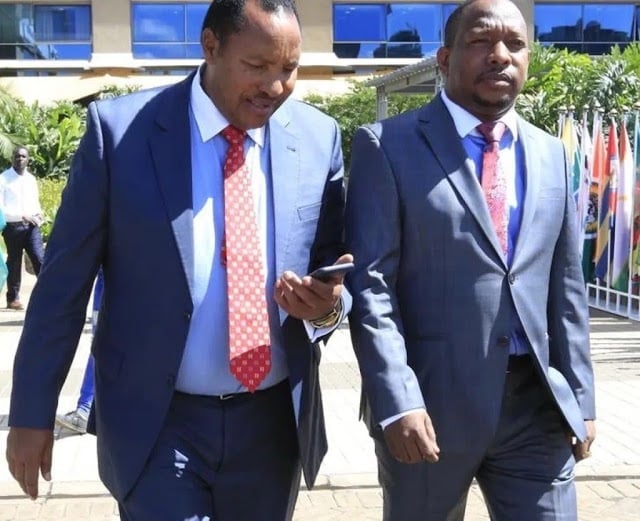
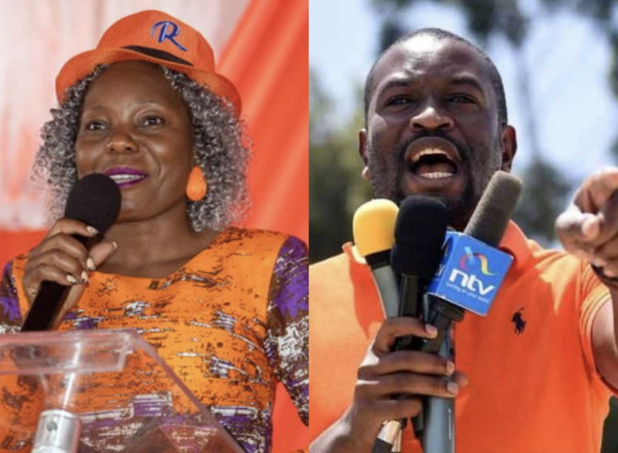
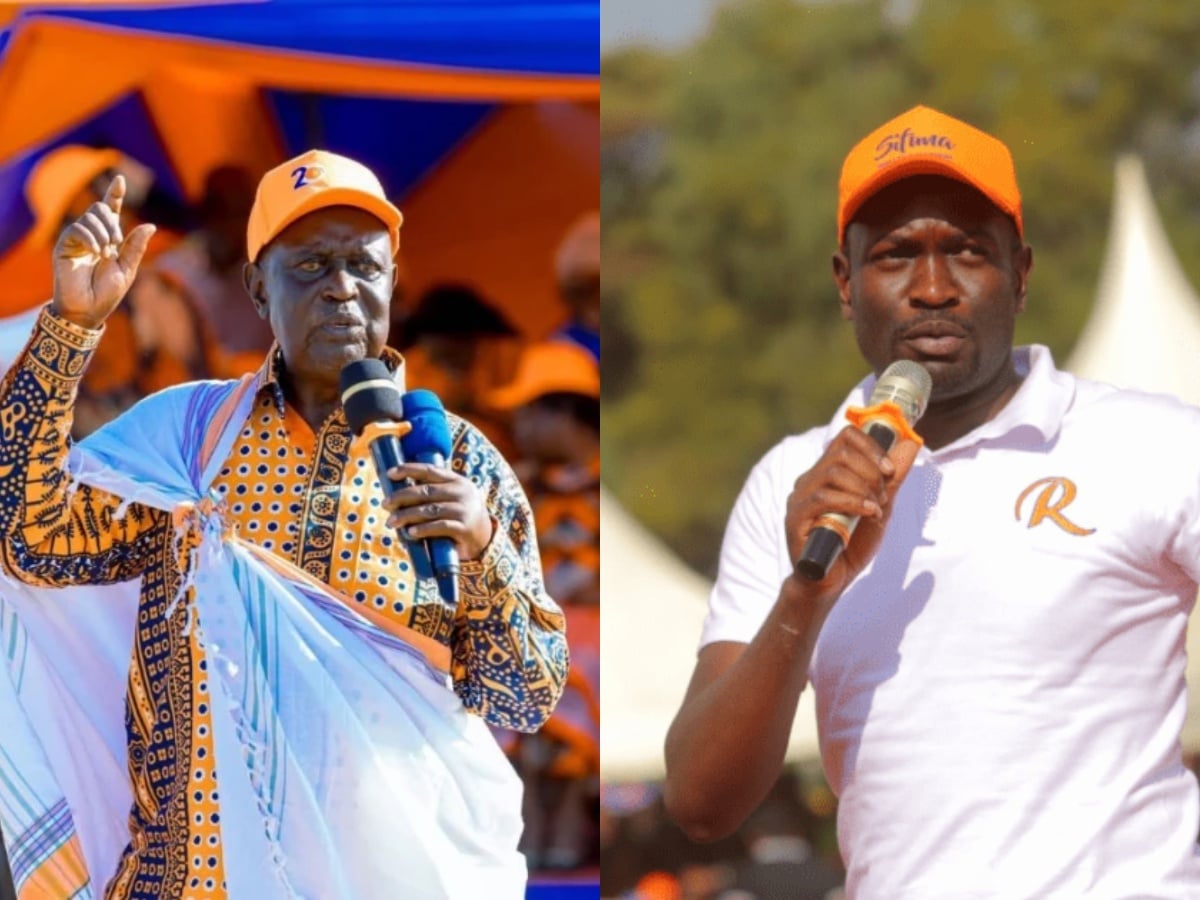
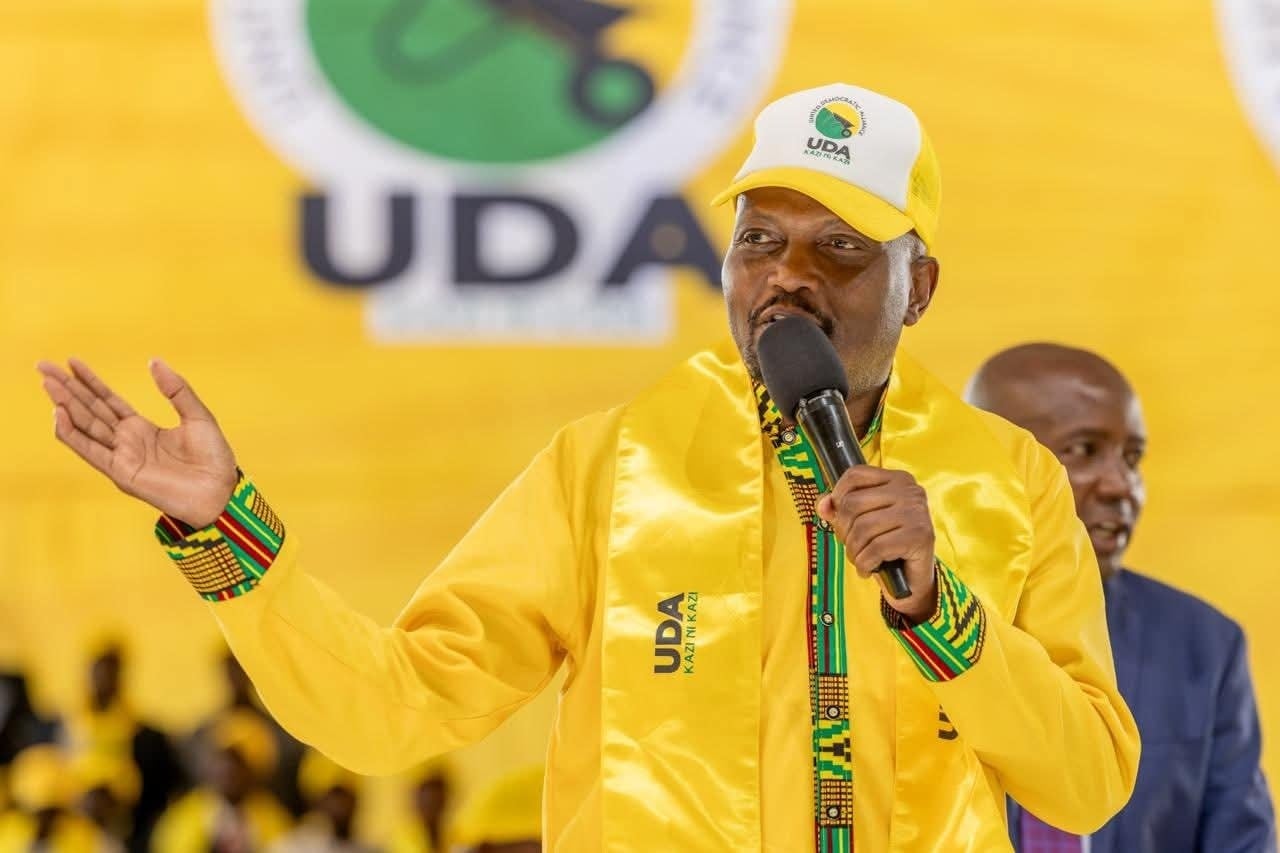
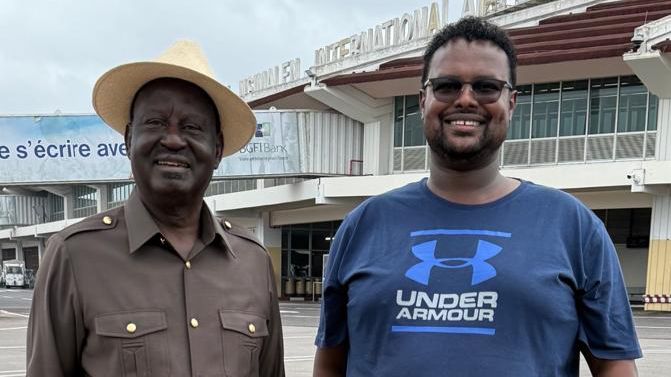
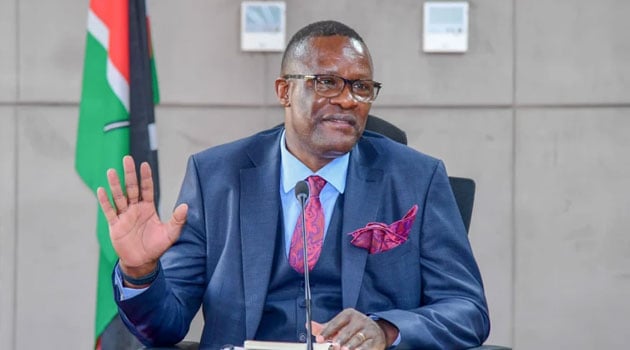
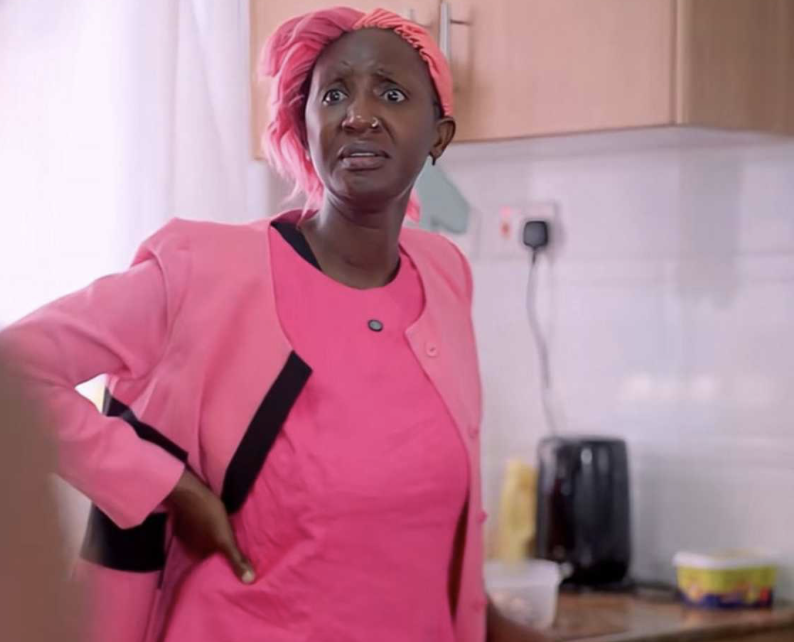
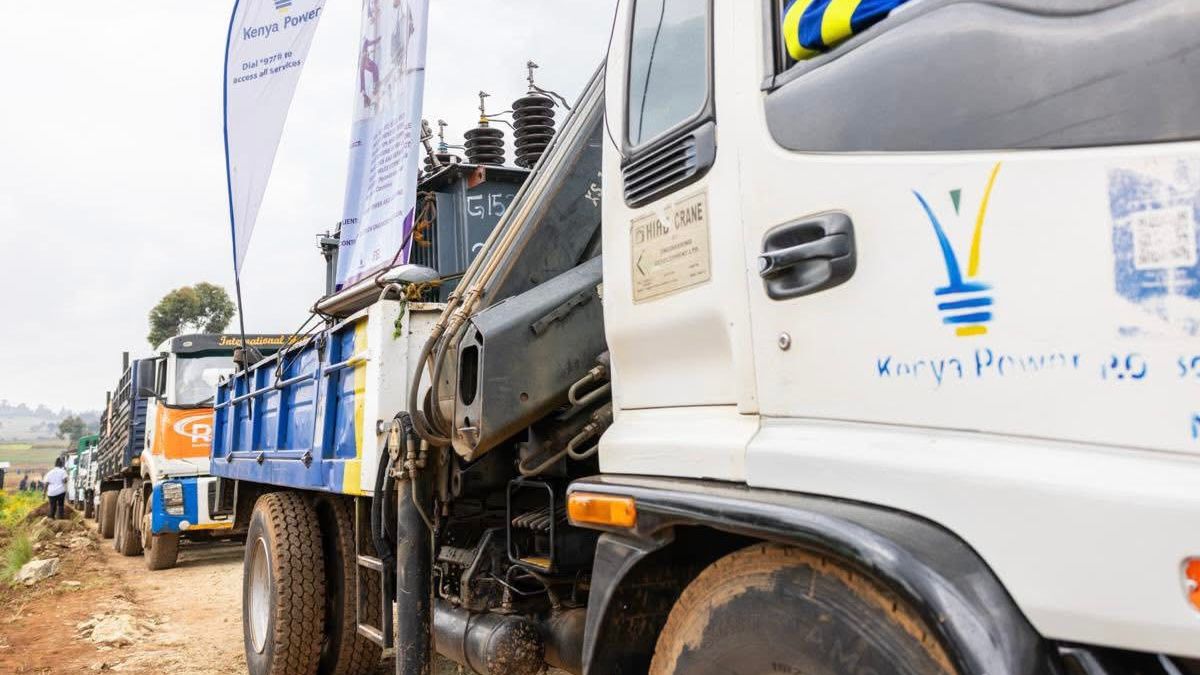
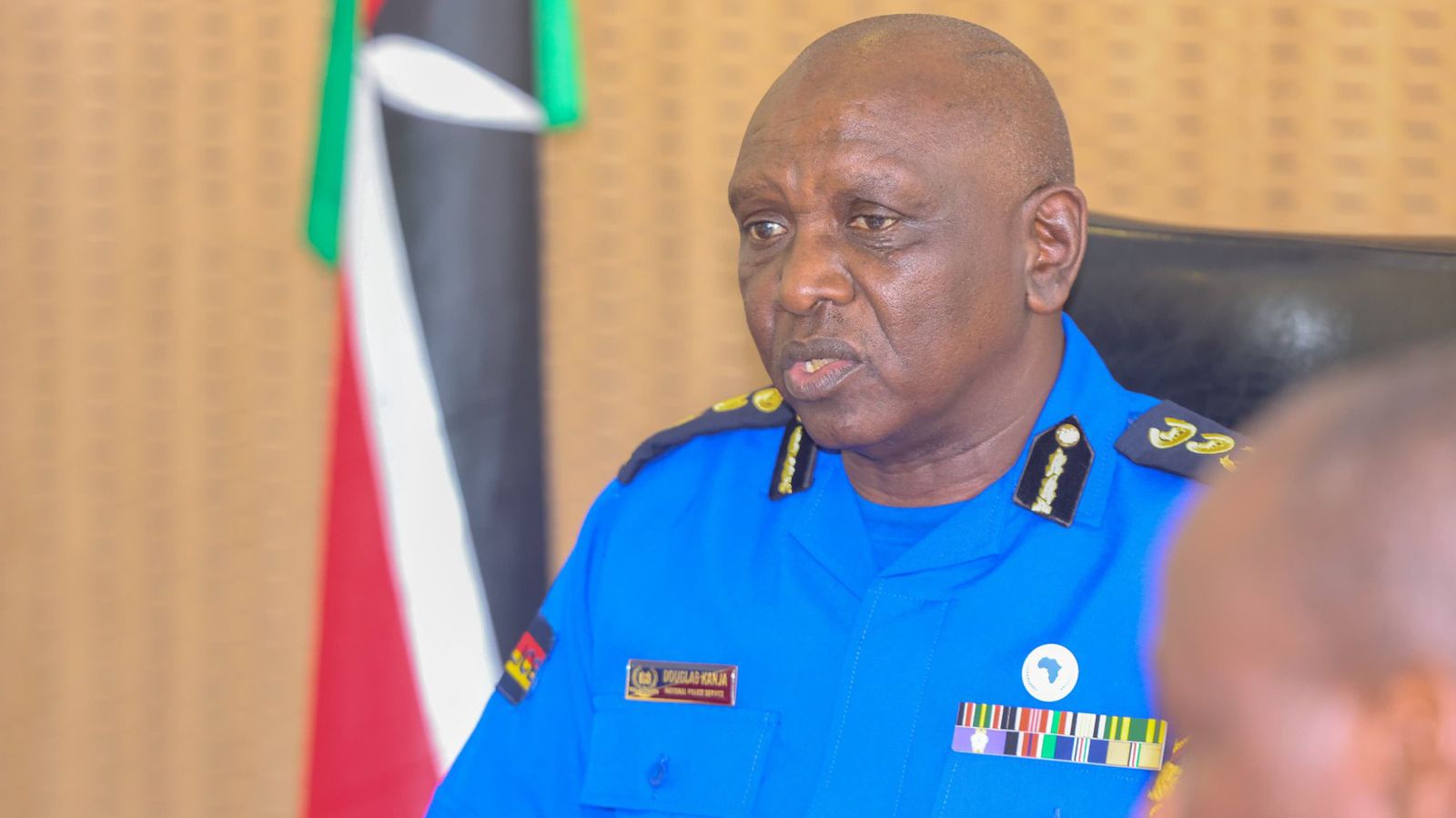

-1771426103.jpg)
